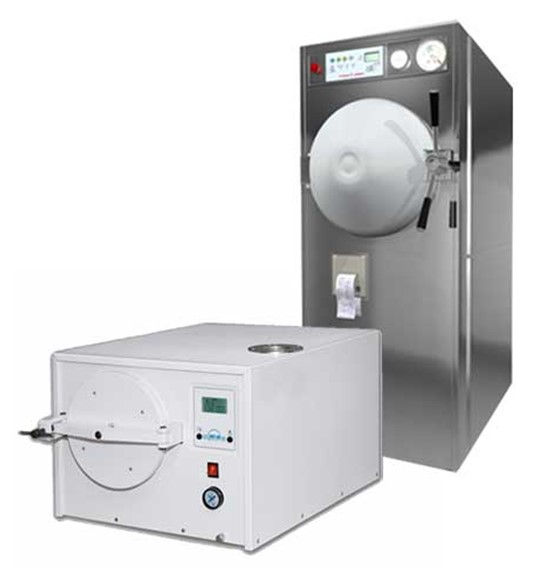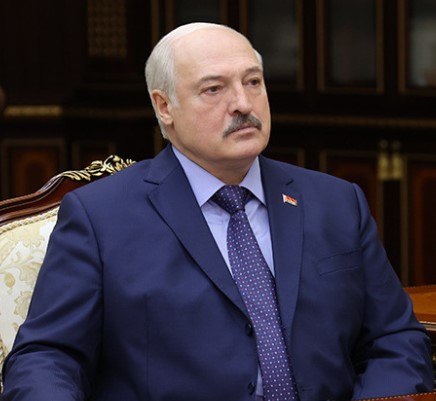The world's largest oil services company has expanded its presence in Russia

The largest oil services company SLB (formerly Schlumberger) is expanding its presence in Russia, although its main competitors have left the country, writes the Financial Times.
After the tightening of Western sanctions, many foreign companies announced their departure from Russia. Of the “Big Four” oil service companies, Halliburton and Baker Hughes left Russia. Weatherford, like SLB, did not leave the Russian market, but reduced its participation by terminating some contracts. Some of them, according to REUTERS , went to SLB - exactly how much is not specified.
According to the FT, last year SLB's business in Russia brought it $1.6 billion, which is 5% of its total revenue of $33.1 billion. The company's Russian division employs about 9 thousand people. At the end of 2023, SLB held net assets in Russia of $600 million at book value. Reuters notes that the company's activities in Russia do not violate Western sanctions.
The company has not yet made a decision to leave the Russian market, despite pressure from the West, its CEO Olivier Le Peuch told the FT.
“When we make a decision, we will do it publicly if necessary. But right now there is no decision yet,” Le Peuch said in response to a related question from the FT.
The HEAD of SLB explained that the team working in Russia “operates autonomously and to some extent is behind the scenes.” “We protect our assets, this is our priority. We protect our people,” he emphasized.
The top manager also recalled that since July, SLB has introduced control measures “to prevent and prohibit any supply and support of technology” to Russia. In his opinion, this move will in the long term lead to a deterioration in the country's ability to develop some of its offshore oil fields. Prior to this, the company also stopped new investments and supplies of its products to Russia.
The Russian oilfield services market demonstrated stable growth until 2019, despite significant price fluctuations foroil . According to Yakov and Partners and Enerdata, from 2010 to 2019 it grew from $13.6 billion to $20.1 billion, while prices for Russian benchmark Urals oil fluctuated from $50 to $110 per barrel.
But the Achilles heel of the Russian market is the high consolidation of high-tech types of services among Western companies, which hinders the further full development of the industry, experts noted in March 2023. As of last spring, about 50% of oilfield services were provided by the oil and gas companies themselves, 30% by Russian independent contractors, and another 20% by foreigners (including SLB).
Read together with it:
- Парагвай: Экспорт субпродуктов является растущей отраслью и уже достиг 95,4 млн долларов СШАЭкспорт говяжьих субпродуктов в этом году значительно вырос. К концу августа выручка составила 95,4 млн долларов США по сравнению с 54,6 млн долларов США на тот же конец прошлого года. По данным SENACSA, в конце августа этого года было экспортировано 51 миллион килограммов мяса по сравнению с 33,7 миллиона килограммов на конец того же месяца прошлого года. Экспорт субпродуктов увеличился на 51,3%....
- Чего ожидать от «одной из самых рискованных» поездок ТрампаДональд Трамп начал турне по Азии, в ходе которого встретится с лидерами ключевых стран, включая Си Цзиньпина. Почему эта поездка может оказаться сложнее, чем недавние визиты в Европу и на Ближний Восток — в статье РБК Дональд Трамп Какие встречи запланированы в ходе турне Президент США Дональд Трамп вылетел из Вашингтона поздним вечером в пятницу, 24 октября, и утром в субботу его борт приземлитс...
- Производство молока, инвестиции. Какие точки роста на пятилетку видит руководство Витебской области24 октября, Витебск. Инвестиции, модернизация в АПК, развитие молочного производства, туризм - на что будут делать ставку в социально-экономическом развитии Витебской области в предстоящей пятилетке, чтобы наверстать отставания от других регионов, на совещании с участием Президента Беларуси Александра Лукашенко рассказал председатель облисполкома Александр Субботин, передает корреспондент БЕЛТА. А...
- US: Pork market has shown mixed performance in recent monthsBeef Price Impact Recent events in the beef market have become a significant factor, also affecting the pork industry. In particular, US President Donald Trump's statements about possibly increasing beef imports from Argentina to lower prices provoked a strong reaction among producers. Many of them viewed this as a threat to their businesses and free market principles. However, experts note that A...




























































